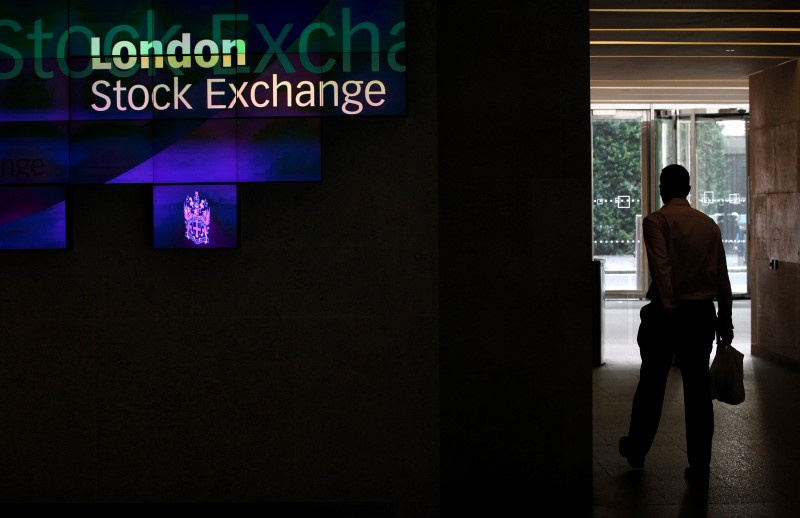By Michelle Price
HONG KONG (Reuters) - FTSE Russell is likely to restrict the inclusion of companies with unequal voting rights in some of its equity indexes, to address investor concerns over falling corporate governance standards, the CEO of the world's largest index company said.
The index compiler, owned by the London Stock Exchange Group (LON:LSE), in June launched a consultation on how to treat companies that sell investors non-voting shares, holders of which have no voice on matters like the company's future strategy or the pay of its executives.
Debate over unequal voting rights has intensified after Snap Inc (NYSE:SNAP) - the parent of Snapchat - offered investors $3.4 billion of non-voting shares when it went public in March. The unusual share structure sparked governance concerns, especially among passive managers who are forced to buy stocks included in the benchmarks they track.
FTSE Russell is leaning towards setting a minimum threshold for the percentage of voting rights that lie in the hands of free float - or public - shareholders, but the discussions are ongoing and nothing has been decided yet, CEO Mark Makepeace told Reuters.
"We are discussing the proposal with our advisory groups, and the consultation has given us a range of views. But there is a strong consensus dislike of these types of share structures – investors feel they are restricted in being able to influence these companies," said Makepeace.
"Seventy percent of respondents believe that voting rights matter and that some minimum threshold with respect to voting rights ... should be set, so it's likely that companies without some proportion of non-restricted shares will be excluded. But we have to build that consensus first."
He did not indicate where the threshold should be set, but the index compiler expects to announce the outcome of the consultation in coming weeks.
FTSE Russell calculates that 38.64 percent of the voting power over Google parent Alphabet (NASDAQ:GOOGL) Inc is represented by the shares included in its main indexes, while this figure is 30.27 percent for Facebook Inc (NASDAQ:FB)..
Unequal voting rights are also on the rise in Asia. Last month, the Hong Kong exchange unveiled a proposal for a new board that would allow dual class shares, while the Singapore Exchange also plans to allow these share structures as it attempts to revive its IPO market.
"Regulators are increasingly competing for listings, so the standards for listings around the world are going to come down. It's not for us as index providers – who represent the buy side – to decide if a company is good or bad, but the issue is where should the minimum threshold be set," Makepeace said.
"Some people might argue this is giving the index providers too much power, but I say it's giving power back to the investors," he added.
